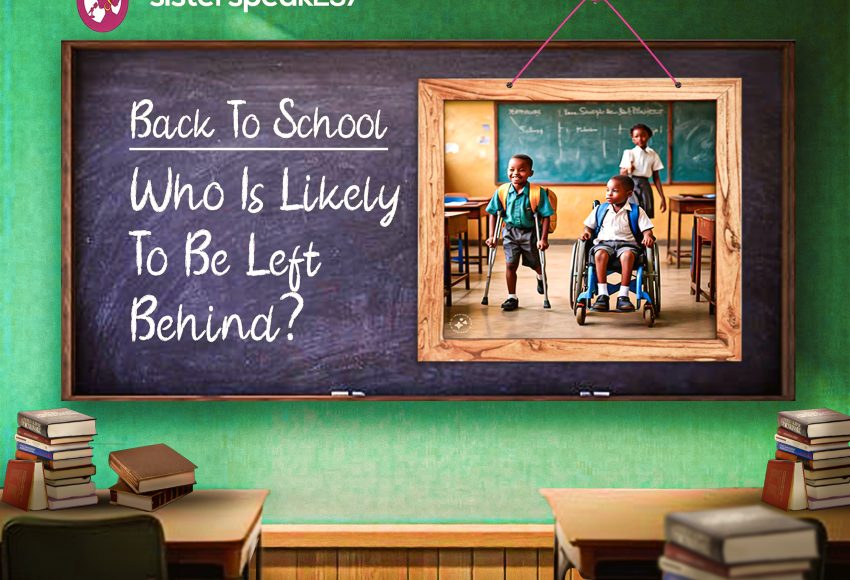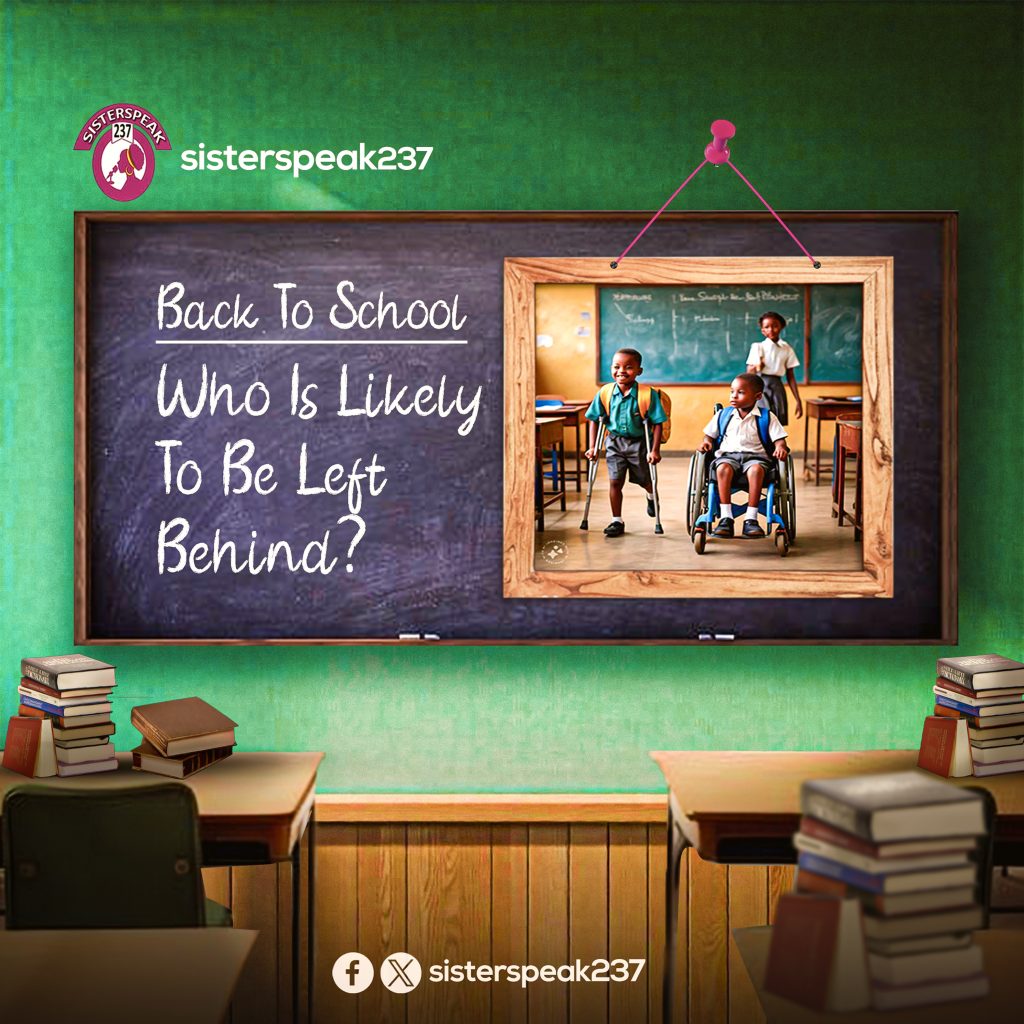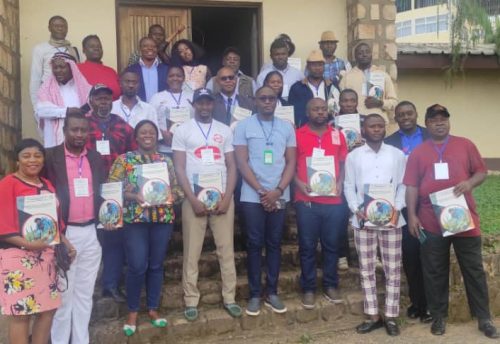
Back to School: Who Is Most Likely to Be Left Behind?
By Comfort Mussa, Coordinator Sisterspeak237

As we make our way in to the second month since schools reopened, and students across Cameroon settle into another academic year, there is still a palpable sense of excitement in the air. New backpacks, fresh notebooks, and the thrill of seeing friends again make this time of year special. However, it is also a time for reflection on a troubling reality: many children, particularly those with disabilities from low-income families, are still unable to return to school.
Last year, as in other years I witnessed eager young minds were sidelined, held back not by their desire to learn, but by circumstances beyond their control. Some lacked uniforms, while others simply could not afford school fees or essential supplies. The thought of these bright children being excluded from education due to financial struggles or disabilities kept me awake at night.
At Sisterspeak237, we took a small but meaningful step by supporting 35 children with disabilities in Nkambe and Yaounde. We covered their tuition fees, and registration costs, and provided uniforms and supplies. The smiles on their faces were priceless, a brief glimmer of hope amidst the shadows of exclusion.
As another school year begins, I find myself reflecting on the harsh reality that many children are still being left behind. The cycle of exclusion continues, disproportionately affecting the most vulnerable among us. It is a stark reminder that while we have made progress, there is still so much work to be done.
In conversations about our outreach, many people express surprise at the number of children still at risk of exclusion. If you are looking to make a difference, consider these groups who are particularly vulnerable:
- Children with disabilities: More at risk of being left out of educational opportunities.
- Children in armed conflict zones: A recent UN report highlighted that 246,000 children in the North West and South West regions of Cameroon are still unable to attend school.
- Children in remote villages: In areas like the Far North region, schools may be non-existent or far from home.
- Food-insecure children: Imagine missing school simply because of hunger. The World Food Program is trying to address this through their school feeding programs but the need is vast.
- Children in conflict with the law: Their educational opportunities are often severely limited.
- Teen mothers: Balancing education and motherhood presents significant challenges to many teen mothers who end up dropping out of school.
As we move forward, let us keep these children in our hearts and minds. Advocating for inclusive education is crucial to ensuring every child has the opportunity to learn and thrive, regardless of their circumstances. Every child deserves a chance, and with collective effort, we can help break the barriers that hold it back.
As the second month of the school year unfolds, let us commit to making a difference—no matter how small. Think about the child who is most likely to be left behind.



Leave a Comment